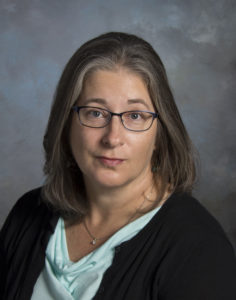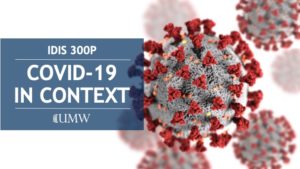
Associate Professor of Political Science Rosalyn Cooperman
Associate Professor of Political Science Rosalyn Cooperman contributed an article to the Center for American Women and Politics (CAWP) Election Watch Project, entitled, “Is 2020 the Year of the Republican Woman? Women’s PAC support for Republican Women Candidates Suggests Otherwise.”
Women’s gains to Congress in the 2018 midterm elections were party specific. That year nearly three dozen new Democratic women, and just one Republican woman, were elected to the U.S. House. As Republican women’s membership in the House shrunk to 13, Representative Elise Stefanik (NY-21) promised to “play in primaries” to increase the number of Republican women running for Congress in 2020. Since then, much has been written about whether 2020 would be the year of the Republican woman as it had been for Democratic women in 2018. To be sure, the increased number of Republican women House candidates on the ballot this cycle bodes well for those within and outside of the party working to recruit and elect more Republican women. After all, women can’t win if they don’t run. Many of these candidates also hold credentials including distinguished military service, community activism, and previous officeholding that enhance their standing. A closer examination of the most competitive House elections along with existing campaign finance networks available to these women, however, reveals a more nuanced evaluation of Republican women running for Congress in 2020. While more Republican women are running for the House this year than in previous cycles, they are hampered by their status as challengers – further complicated for some by a late primary schedule – and the patchy campaign finance network available specifically to them to aid their fundraising efforts. Together, these challenges present significant roadblocks for Republican women candidates and the efforts to grow their ranks. Read more.
